Flexibility is often overlooked in home fitness routines, yet it plays a crucial role in injury prevention, mobility, and overall physical performance. Whether you're doing yoga, strength training, or cardio at home, incorporating flexibility exercises can significantly enhance your results. This comprehensive checklist is designed specifically for home exercisers who want to build, maintain, and track their flexibility progress—safely and effectively.
Without access to gym equipment or professional trainers, home exercisers must be intentional about their routines. Poor flexibility can lead to stiffness, reduced range of motion, and increased injury risk—especially when performing bodyweight exercises like squats, lunges, or push-ups. Regular stretching improves posture, reduces muscle tension, and supports recovery, making it an essential part of any fitness journey.

Use this checklist to stay consistent and measure progress over time. Perform these elements weekly to build sustainable flexibility.
Before starting, assess your current flexibility. Try simple tests like the sit-and-reach, shoulder reach behind the back, or hip flexor lunge stretch. Note your range of motion and any discomfort. Reassess every 4 weeks to track improvement.
Never stretch cold muscles. Spend 5–10 minutes warming up with light cardio—jumping jacks, marching in place, or arm circles. This increases blood flow and prepares muscles for safe stretching.
Focus on areas that tend to tighten with inactivity or repetitive movements:
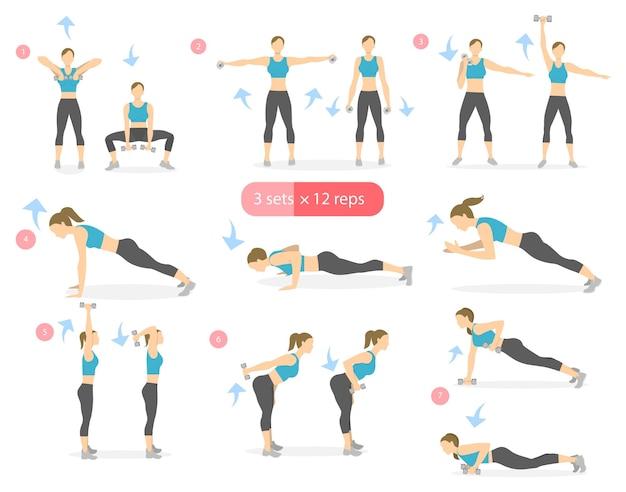
Variety ensures balanced development:
Consistency is key. Aim for:
You don’t need fancy equipment. Use:
Flexibility training should never cause pain. Follow these safety guidelines:

| Day | Focus Area | Duration |
|---|---|---|
| Monday | Lower Body (hamstrings, hips, calves) | 15 min |
| Wednesday | Upper Body (shoulders, chest, neck) | 10 min |
| Friday | Full Body + Mobility | 20 min |
| Sunday | Yoga or Deep Stretch Session | 30 min |
By following this flexibility blueprint, home exercisers can build a safer, more effective fitness routine. With clear weekly targets, practical tips, and essential safety reminders, you’ll move better, feel better, and perform better—all from the comfort of your home.

Fitness
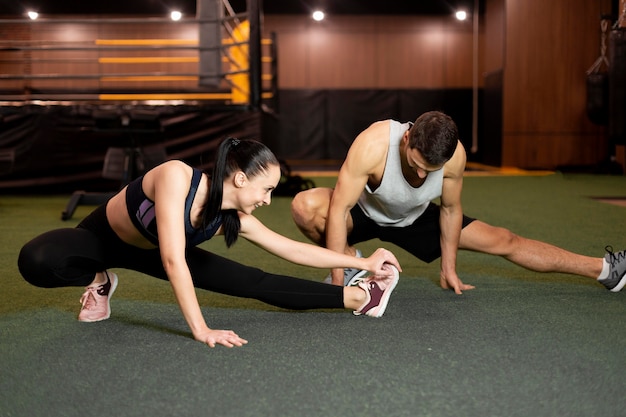
Fitness
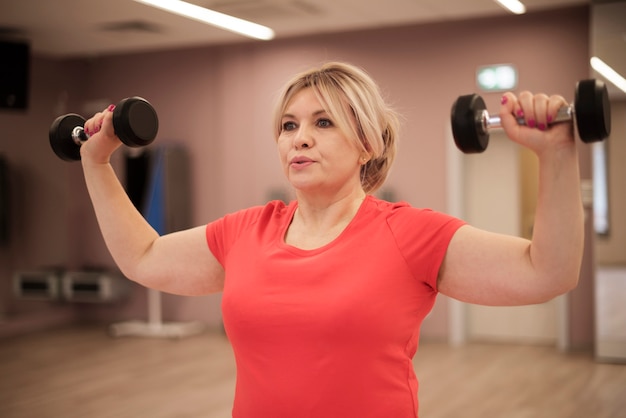
Fitness

Fitness
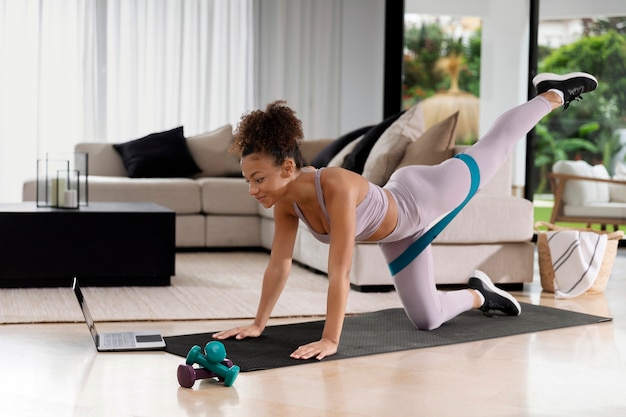
Fitness

Wellness

Wellness
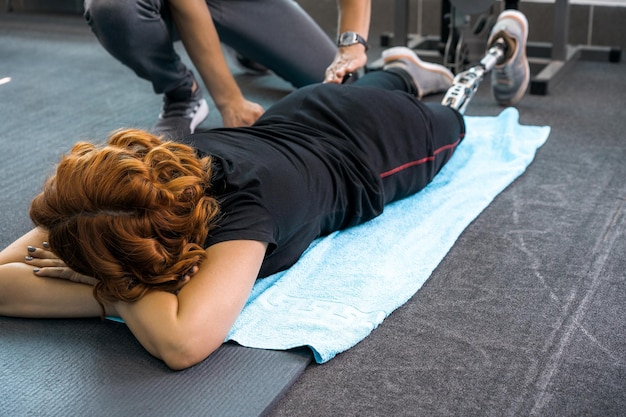
Fitness
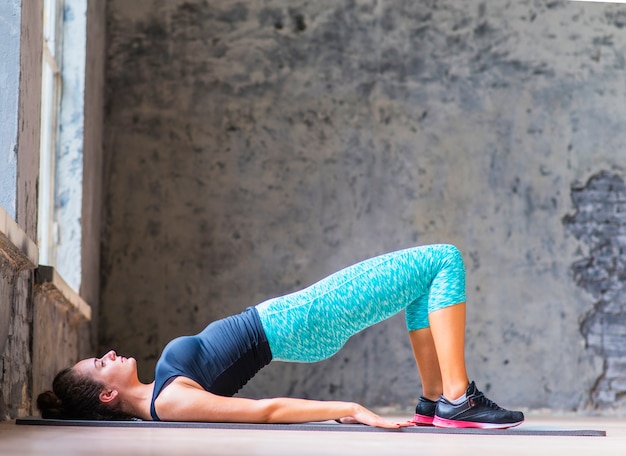
Fitness
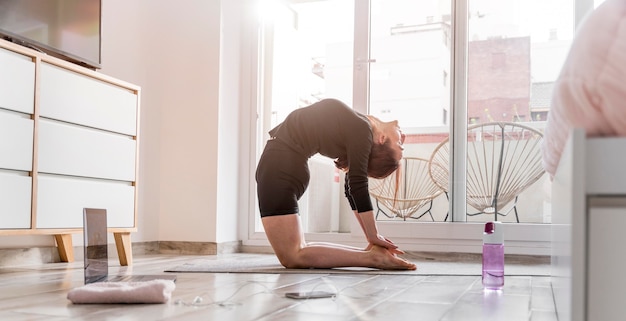
Fitness
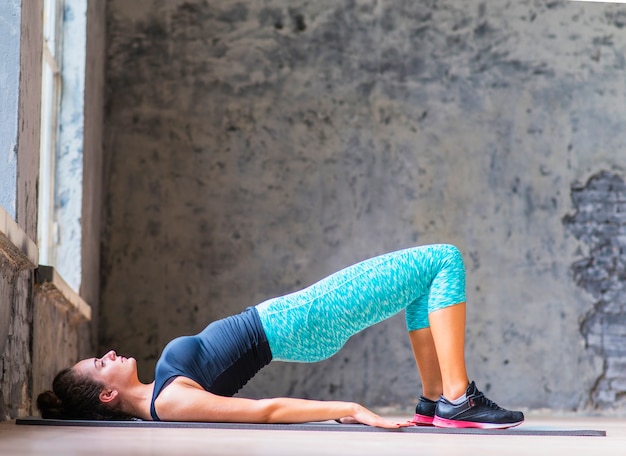
Fitness

Fitness

Health

Fitness

Health

Health